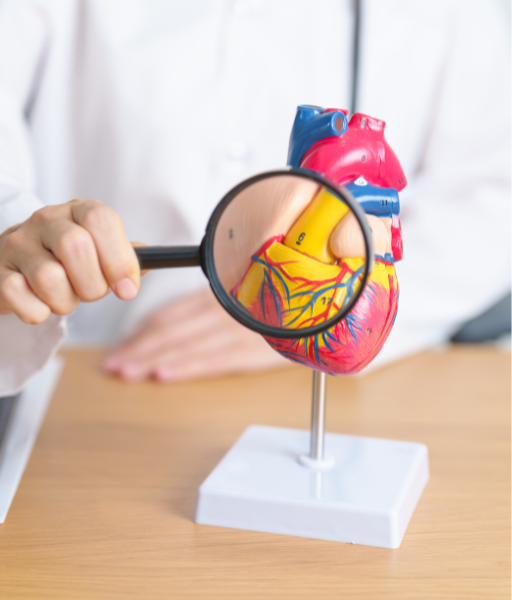How is Thyroid Develops and manage ?
Development of Thyroid Disorders
Genetic Factors
Thyroid disorders often have a genetic component. A family history of thyroid issues can increase the risk.
Autoimmune Diseases
Conditions like Hashimoto’s thyroiditis and Graves’ disease involve the immune system attacking the thyroid gland, leading to hypothyroidism or hyperthyroidism.
Iodine Deficiency or Excess
Iodine is essential for thyroid hormone production. Both deficiency and excess iodine intake can disrupt thyroid function.
Environmental Factors
Exposure to certain chemicals and radiation can affect thyroid health. Stress and infections also play a role in thyroid disorders.
Management of Hypothyroidism
Medication
Hypothyroidism is typically managed with synthetic thyroid hormones, such as levothyroxine. These medications help restore normal hormone levels.
Diet and Nutrition
Adequate iodine intake is crucial. Foods rich in selenium and zinc also support thyroid health.
Regular Monitoring
Regular blood tests to monitor thyroid hormone levels ensure the medication dosage remains effective.
Management of Hyperthyroidism
Antithyroid Medications
Medications like methimazole help reduce the production of thyroid hormones.
Radioactive Iodine Therapy
This treatment destroys overactive thyroid cells, reducing hormone production.
Surgery
In severe cases, part or all of the thyroid gland may be surgically removed.
Managing Thyroid Nodules and Goiters
Observation
Small, non-symptomatic nodules may only require regular monitoring.
Medication
For nodules causing hyperthyroidism, antithyroid medications or radioactive iodine therapy can be used.
Surgery
Large nodules or goiters that cause symptoms or are suspicious for cancer may need surgical removal.
Lifestyle Changes for Thyroid Health
Balanced Diet
Consume a diet rich in fruits, vegetables, lean proteins, and whole grains. Ensure adequate iodine, selenium, and zinc intake.
Regular Exercise
Physical activity helps maintain a healthy weight and supports overall well-being.
Stress Management
Techniques like yoga, meditation, and deep-breathing exercises can help manage stress, which can impact thyroid function.




